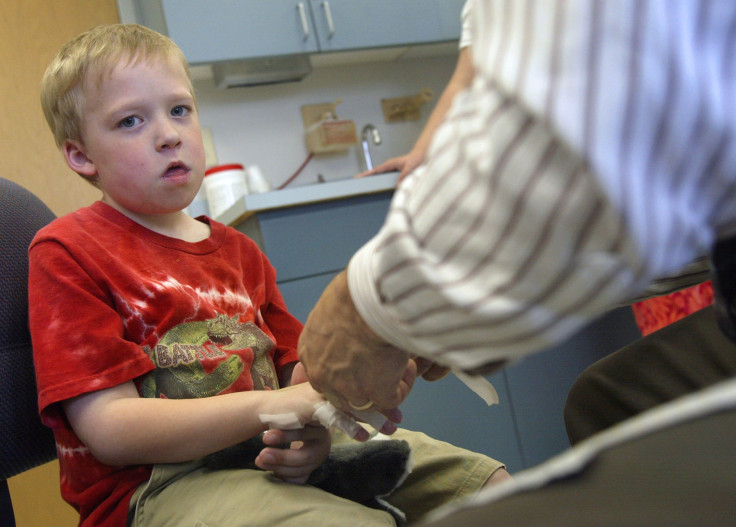Cystic Fibrosis: Combination Of Two Medicines Improves Lung Functions For Half Of Those With Disease

Researchers say two medications targeting the most common genetic causes of cystic fibrosis improve lung function and reduce pulmonary exacerbations. "These groundbreaking findings will benefit around 15,000 patients in U.S. alone," said Dr. Susanna McColley, professor of pediatrics at Northwestern University Feinberg School of Medicine and one of the study's authors. "While significant progress has been made with supportive therapies for cystic fibrosis, developing treatments that address the underlying genetic cause has been a challenge."
The researchers found combined lumacaftor-ivacaftor therapy was effective for patients with two copies of the cystic fibrosis gene mutation, present in nearly half the patients with the disease. Cystic fibrosis causes the body to make thick, sticky mucus, leading to chronic lung infections and increasing loss of lung function. It also affects the pancreas. Sufferers have a median life expectancy of 37 years.
"Just a few years ago, ivacaftor became the only FDA-approved drug for the genetic defect in cystic fibrosis, but it only works for genetic mutations found in a small portion of cystic fibrosis patients. Our study showed that combining ivacaftor with lumacaftor helps patients with the most common cystic fibrosis mutation. This is an exciting step forward," said McColley, who is associate director of the Cystic Fibrosis Center and director of Clinical and Translational Research Program at the Stanley Manne Children's Research Institute at Lurie Children's Hospital in Chicago.
The research stemming from a Phase III clinical trial was published Sunday in the New England Journal of Medicine. It involved a double-blind, placebo-controlled study with 1,108 patients at least 12 years of age who were treated for 24 weeks.
"We will need more analyses and longer-term data to see if this treatment can alter the disease course and further extend the life expectancy of our patients," McColley said in a press release.
Food and Drug Administration approval of the treatment is pending.
© Copyright IBTimes 2025. All rights reserved.






















